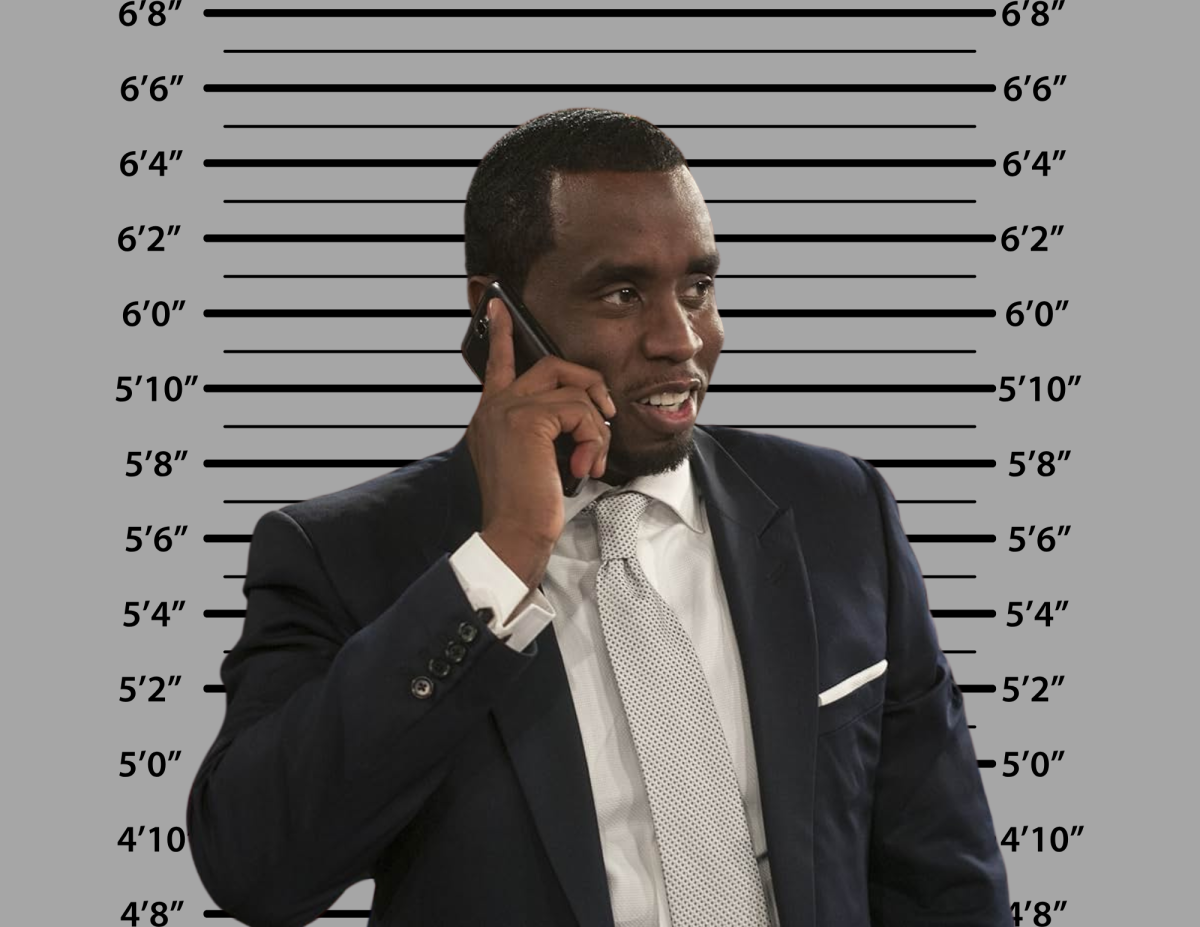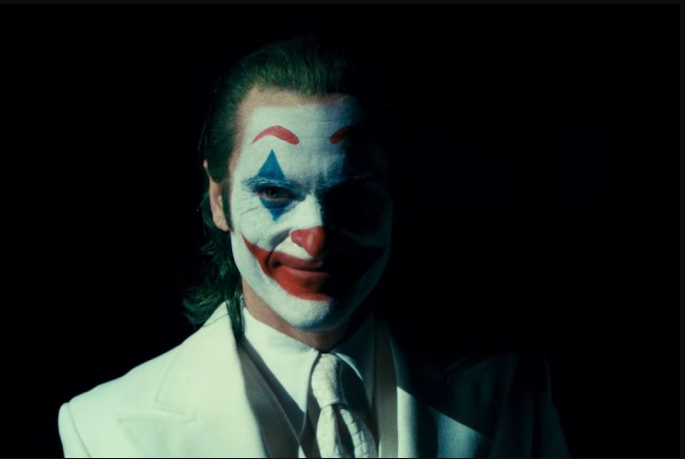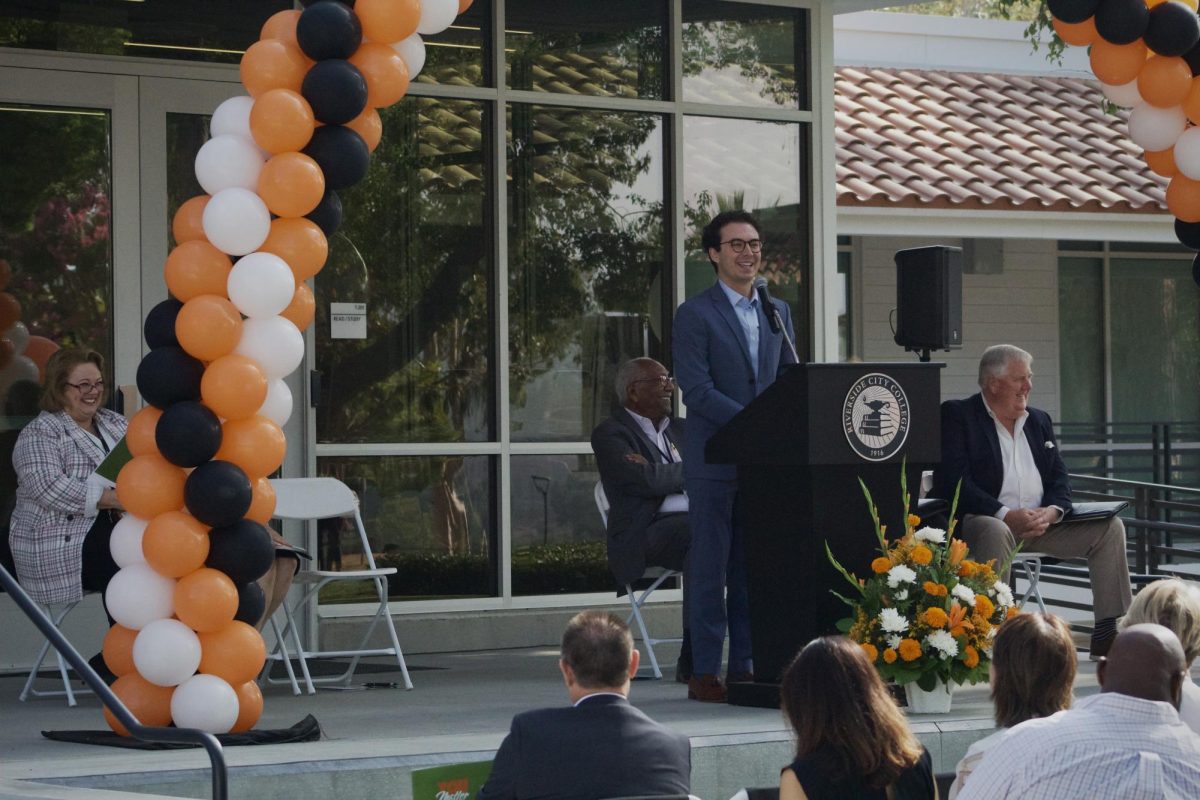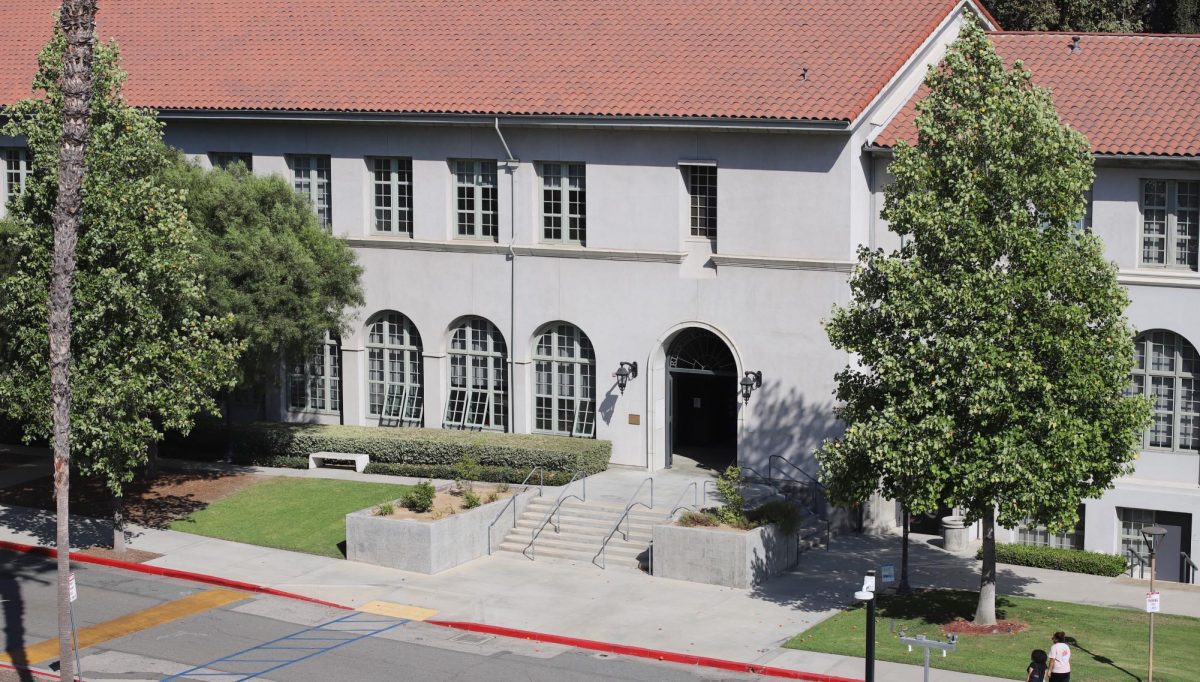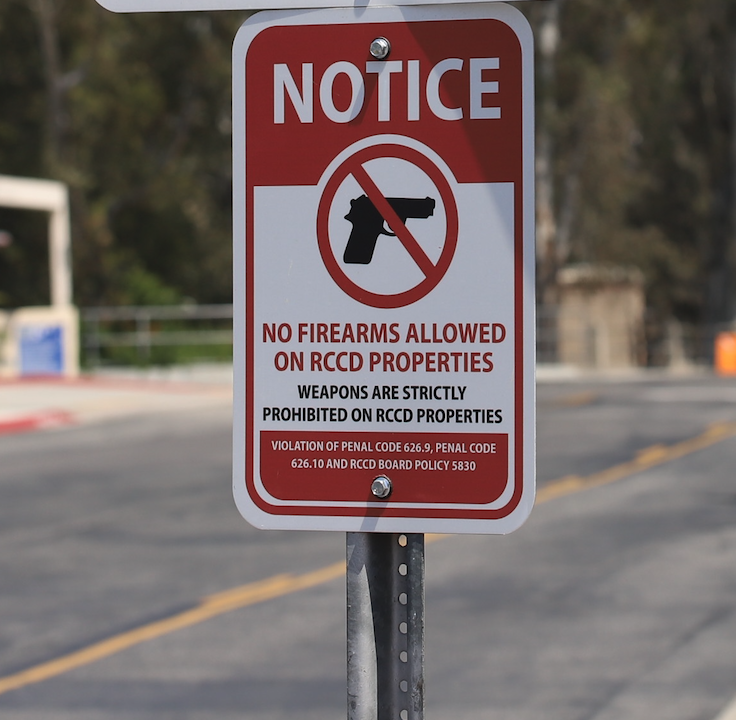By Jonathan Van Niel

It seems that every aerospace company has plans for voyage to Mars. NASA has scheduled manned missions to the red planet during the 2030s, while SpaceX CEO Elon Musk has expressed interest in getting there sooner.
The purpose of these missions? To transition humankind into becoming a multi-planetary species.
While it is paramount to our long-term survival that we become capable of colonizing other celestial bodies, we mustn’t do so while divesting interest from safeguarding Earth.
On March 21, President Donald Trump signed a bill authorizing $19.5 billion in funding for NASA. Meanwhile, the Environmental Protection Agency faces a 31 percent budget cut.
Not only is it antithetical to the survival of our species to financially gut an agency committed to protecting human health and our environment, but the preference to invest in space exploration over Earth’s preservation communicates a dangerous message as well—that there is a backup planet for us.
There isn’t.
Mars is a mirage, not a paradise. It lacks oxygen, has below freezing temperatures and is plagued by solar winds and constant radiation, among a slew of other issues.
Even if conditions weren’t hostile, the NASA Office of Inspector General estimates that a manned mission to Mars will cost upwards of $450 billion over the next three decades.
Good luck getting Congress to support that price tag.
This is why we must prioritize bettering our home planet.
Ron Garan, a former NASA astronaut, explains that while we shouldn’t be opposed to exploring the notion of colonizing Mars, we shouldn’t be eager to leave Earth either.
“I think we should explore other planets, but I don’t think we should abandon this planet to go live on Mars,” Garan said in an interview with Quartz. “It just doesn’t make any logical sense that we would leave this planet for an inhospitable one.”
Earth is a fragile oasis—a jewel amid the infinite blackness of space. It’s time we start treating our planet as if there isn’t an alternative, because at this present time, it’s all we have.


